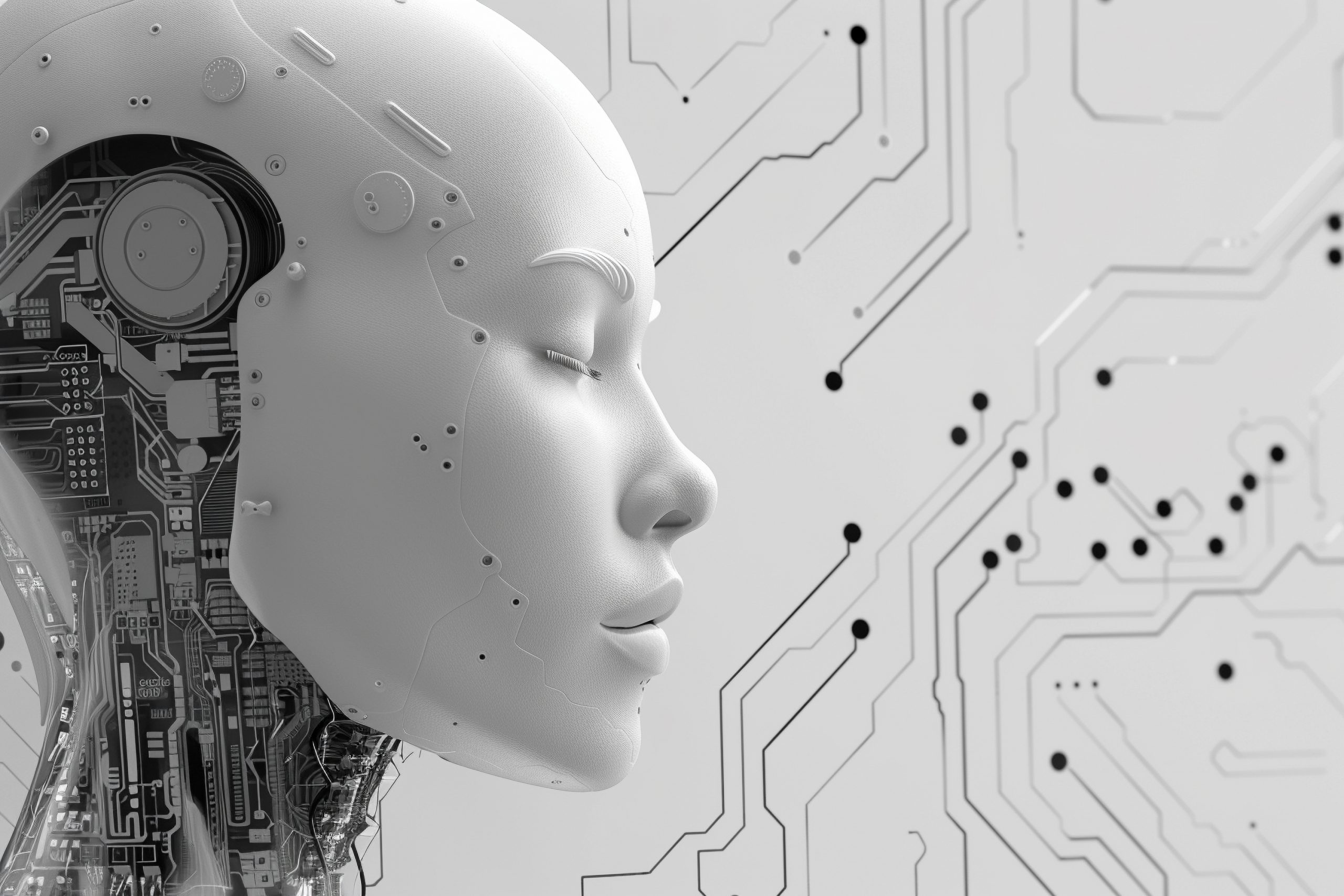Introduction
In the rapidly evolving digital landscape, the intersection of AI and Marketing has become a game-changer. Artificial Intelligence (AI) is no longer a futuristic concept but a tangible tool that is revolutionizing the way businesses approach marketing. From personalized customer experiences to data-driven decision-making, AI is transforming marketing strategies and delivering unprecedented results.
Understanding AI in Marketing
AI in marketing refers to the use of artificial intelligence technologies to make automated decisions based on data collection, analysis, and further observations of audience or economic trends that may impact marketing efforts. AI can analyze vast amounts of data to identify patterns, predict customer behavior, and optimize marketing campaigns in real-time.
Key Benefits of AI in Marketing
- Personalization: AI enables marketers to deliver personalized content to individual customers. By analyzing customer data, AI can tailor messages, offers, and recommendations to meet the specific needs and preferences of each customer.
- Predictive Analytics: AI can predict future trends and customer behavior based on historical data. This allows marketers to stay ahead of the curve and make proactive decisions.
- Automation: AI-driven automation tools can handle repetitive tasks such as email marketing, social media posting, and ad placement. This frees up marketers to focus on strategic planning and creative work.
- Customer Insights: AI can provide deep insights into customer behavior, preferences, and pain points. This helps marketers to create more effective campaigns and improve customer satisfaction.
- ROI Optimization: AI can optimize marketing spend by identifying the most effective channels and strategies. This ensures that every dollar spent on marketing delivers the maximum return on investment.
Real-World Applications of AI in Marketing
- Chatbots and Virtual Assistants: AI-powered chatbots can engage customers 24/7, providing instant responses to queries and guiding them through the purchasing process.
- Content Creation: AI can generate content, including blog posts, social media updates, and even video scripts. Tools like Copy.ai and Jasper.ai are already being used by marketers to create high-quality content at scale.
- SEO Optimization: AI can analyze search engine algorithms and user behavior to optimize website content for better search engine rankings. Tools like MarketMuse and BrightEdge use AI to provide actionable SEO insights.
- Ad Targeting: AI can analyze customer data to create highly targeted ad campaigns. Platforms like Google Ads and Facebook Ads use AI to optimize ad placements and bids.
- Customer Segmentation: AI can segment customers based on various factors such as demographics, behavior, and preferences. This allows marketers to create tailored campaigns for each segment.
Challenges and Considerations
While AI offers numerous benefits, there are also challenges to consider:
- Data Privacy: The use of AI in marketing involves the collection and analysis of large amounts of customer data. Ensuring data privacy and compliance with regulations like GDPR is crucial.
- Bias and Ethics: AI algorithms can inadvertently perpetuate biases present in the data they are trained on. Marketers must be vigilant about ethical considerations and strive for fairness and transparency.
- Technological Integration: Integrating AI tools with existing marketing systems can be complex and require significant investment in technology and training.
Conclusion
The fusion of AI and Marketing is not just a trend but a necessity for businesses looking to stay competitive in the digital age. By leveraging AI, marketers can create more personalized, effective, and efficient campaigns that drive better results. As AI continues to evolve, its role in marketing will only become more prominent, opening up new opportunities for innovation and growth.

